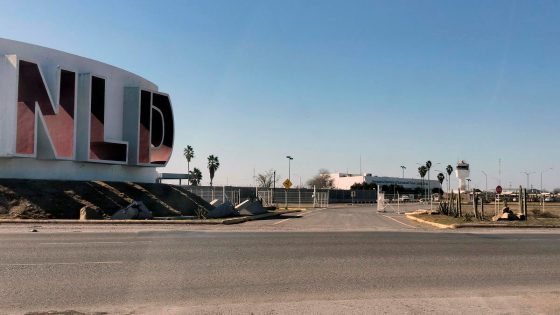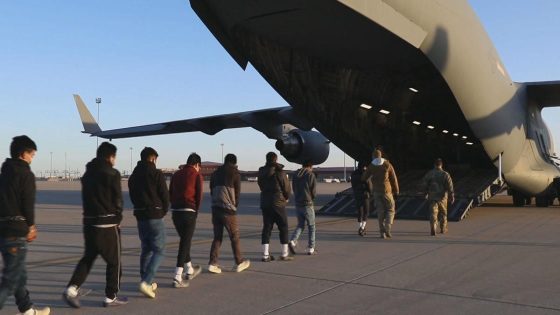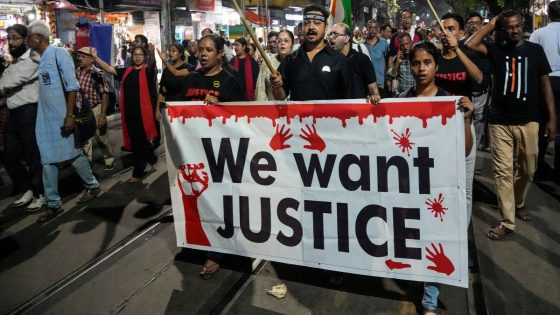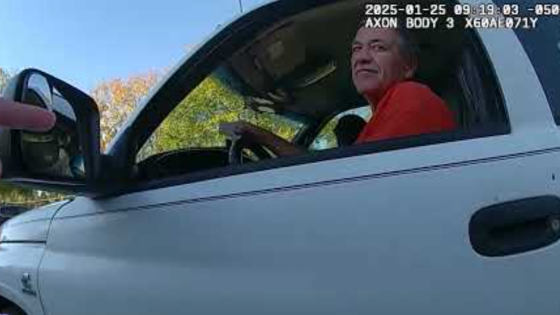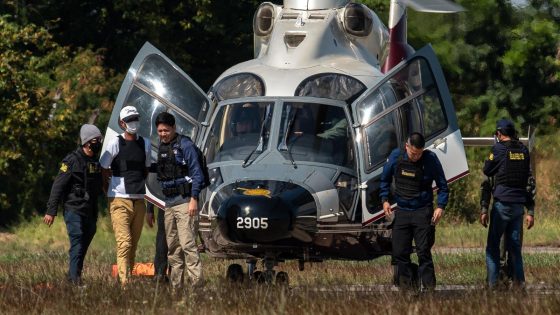Gunfights erupted in Nuevo Laredo, Mexico, on a tense Monday afternoon, shaking a city grappling with the grips of drug cartel violence. Authorities described scenes of chaos that temporarily halted operations at the local airport, raising alarms across the border in Texas. This surge of violence was reportedly triggered by the arrest of Ricardo Gonzalez, known as “El Ricky,” an alleged leader of the local cartel.
- Nuevo Laredo experiences gunfights and violence.
- Flights at local airport suspended due to violence.
- U.S. consulate issues security alert for personnel.
- IEDs increasingly used by criminal organizations.
- Travel warning issued for Tamaulipas state.
- President deploys troops to U.S. border.
The U.S. consulate in Nuevo Laredo quickly issued a stark security alert confirming that multiple gunfights had been reported throughout the city. In their message, they warned American government personnel to shelter in place, emphasizing the urgency of the situation. A few hours later, the consulate announced its closure the following day due to “an emergency situation in the city,” underscoring the intensity of the threat faced by residents and visitors alike.
Local mayor Carmen Lilia Canturosas took to social media to inform the public that flights had been canceled at the airport and that rescheduling was expected for Tuesday. The closure of Quetzalcoatl International Airport became a poignant symbol of the turmoil enveloping the region, as authorities urged residents to stay indoors, seeking safety amid rising tensions.
Earlier in the week, the consulate had warned of increasing violence in Mexican border regions, citing gun battles, kidnappings, and the alarming rise of improvised explosive devices (IEDs) used by criminal organizations. In fact, just days prior, an IED had destroyed a Mexican government vehicle in nearby Rio Bravo, injuring its occupant, a reminder of the escalating danger posed by organized crime.
Beyond the immediate violence, the U.S. State Department had implemented a travel warning for Tamaulipas state, where Nuevo Laredo is located. They highlighted the pervasive threats of gun battles, murder, armed robbery, and kidnapping, illustrating the harsh realities faced by those living in proximity to the border. The travel advisory detailed a region plagued by organized crime, compelling many to reconsider their plans and safety in light of the current circumstances.
The history of violence in Nuevo Laredo is not new; it is one of the cities most affected by the territorial battles between rival cartels. Just last October, human rights activists expressed outrage over the deaths of a nurse and an 8-year-old girl, attributing responsibility to the actions of both army and National Guard troops in the area. Residents have long felt caught in a violent tug-of-war, their day-to-day lives impacted by the stately clash of organized crime and law enforcement.
On the political front, Mexican President Claudia Sheinbaum announced plans to deploy 10,000 troops to the Mexico-U.S. border, a move met with growing pressure from Washington to tackle drug trafficking head-on. This strategic deployment is aimed at reasserting control over a region increasingly influenced by cartel activities as the border itself becomes a focal point in international drug enforcement efforts.
As authorities navigate the immediate repercussions of the violent events in Nuevo Laredo, the situation remains fluid. The fear of further escalation looms large, leaving residents wary of the next flare-up in violence. In the coming days, officials will likely continue to assess the security landscape, with the hope that increased military presence might quell the tension—an uncertain outcome in a region fraught with complexities. The community, resilient yet battered, endures, waiting for a semblance of normalcy amid an unyielding cycle of violence.



